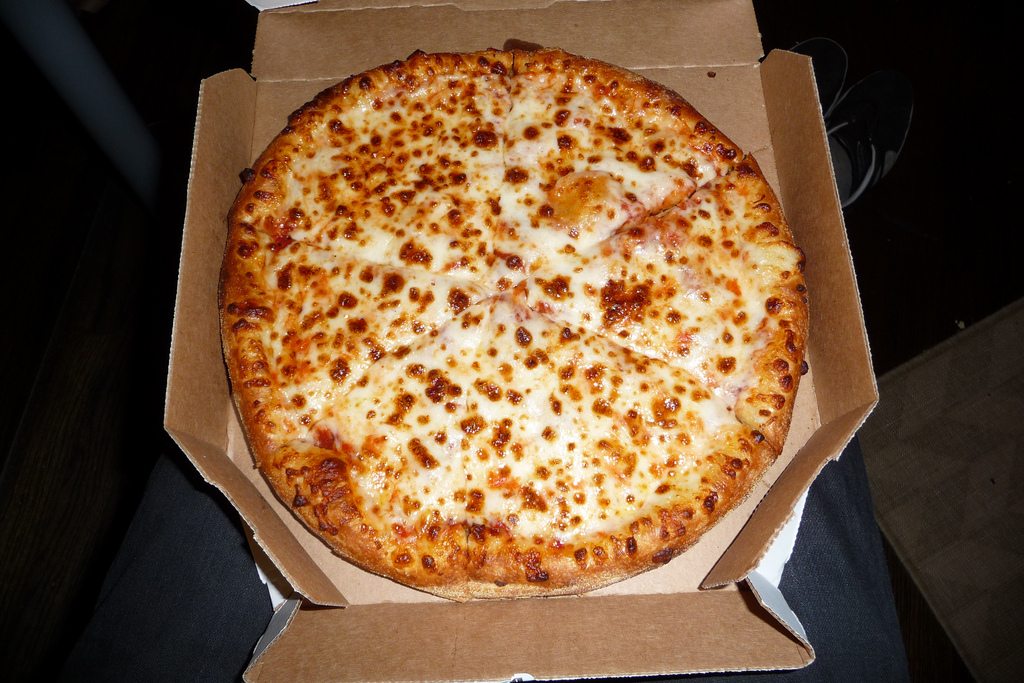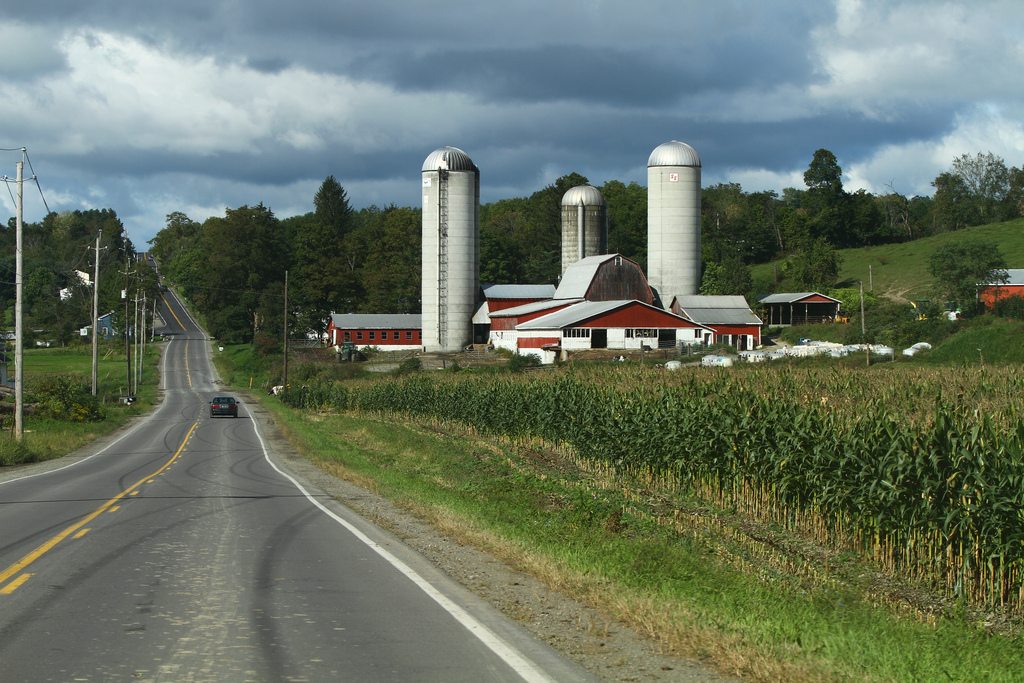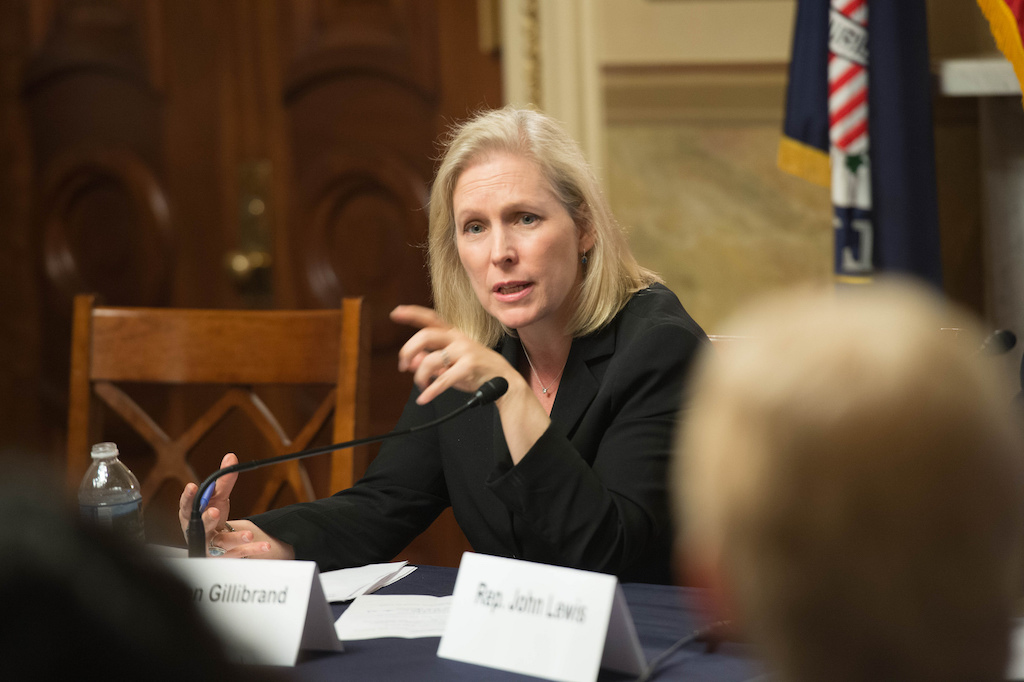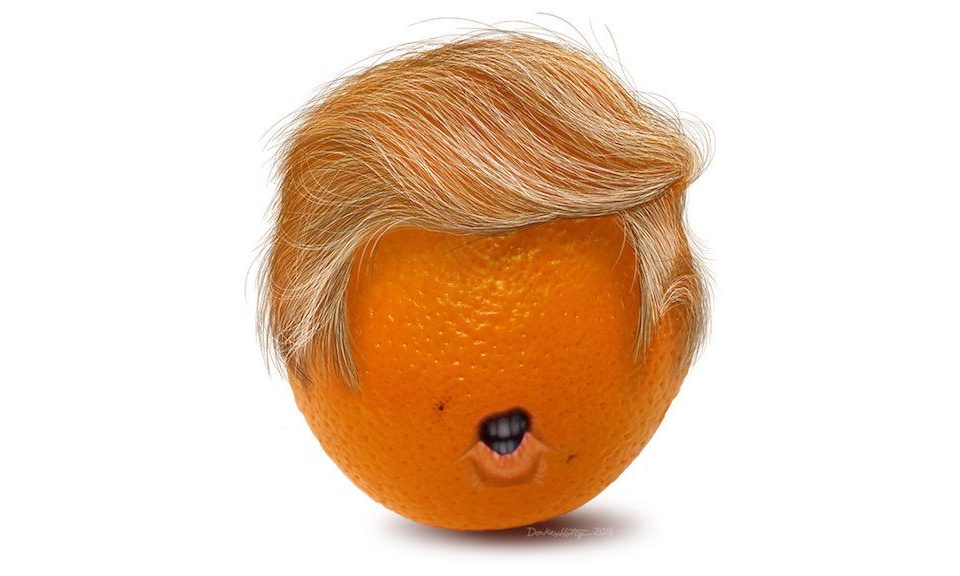In 2010, Michael Moss, a Pulitzer Prize-winning New York Times investigative reporter, exposed how a government-created entity was using “checkoff” money it raised through federally-mandated fees it charged America’s dairy farmers to help pizza maker Domino’s develop and popularize cheesier pizzas.
Dairy Management, Inc., the government entity in question, has long defended the partnership. But opponents of government waste, supporters of indie pizza joints that have to compete against giants like Domino’s, groups that oppose government promotion of animal products, and opponents of dietary saturated fat continue to fume over its activities, secrecy, and very existence.
Shortly after the Domino’s controversy erupted, checkoff supporters claimed the Times and others had gotten in wrong. This wasn’t a government program, they argued, and it wasn’t costing taxpayers a dime. The checkoff program is funded by America’s 40,000 plus dairy farmers and dairy importers. And so what if funds were taken from farmers and given to Domino’s anyway?
“The fact is, what was characterized as being a USDA program is not,” Domino’s CEO J. Patrick Doyle said. “It’s actually the farmers who effectively have a co-op. They have a board. The USDA’s involvement has simply been in helping them to collect money from the farmers.”
Not exactly.
The dairy checkoff program is part of the United States Department of Agriculture (USDA)’s Agricultural Marketing Service (AMS), one of seven key agencies within the Department. The “management” in Dairy Management stands in part for the fact the group manages a government program: USDA’s national dairy checkoff program. Failure on the part of a dairy producer to pay into the checkoff program results in fines and interest charges due not to Dairy Management but to the United States government.
“The amount of any such penalty shall accrue to the United States and may be recovered in a civil suit brought by the United States,” the regulations state.
“All advertising, promotional, research, and educational materials are developed under established guidelines,” reads a USDA report to Congress on Dairy Management from 2012. “All Board budgets, contracts, and advertising materials are reviewed and approved by USDA. USDA employees attend all Board and Committee meetings, monitor all Board activities, and have responsibility for obtaining an independent evaluation of the programs. Additional USDA responsibilities relate to nominating and appointing Board members, amending the Orders, conducting referenda, assisting with noncompliance cases, and conducting periodic program audits.”
As a companion to its 2010 reporting, the Times posted more than two-dozen documents, including a copy of an agreement between Dairy Management and Domino’s. The documents leave little question about Dairy Management and its role and place.
“[T]he government, through Dairy Management,” reads one document, “is engaged in a concerted effort to find ways to get [fat] back into Americans’ diets, primarily through cheese.”
What’s more, the Supreme Court ruled in 2005 that marketing produced using USDA checkoff program funds is “government speech”—rather than compelled individual speech—and so doesn’t raise First Amendment concerns.
Despite the long history of milk sales and consumption in this country, Dairy Management is a relative newcomer. The group, formed in the mid-1990s, grew out of a 1983 law, the Dairy and Tobacco Adjustment Act. Dairy Management administers the checkoff program, which is known formally as the Dairy Research and Promotion Program. Dairy Management is overseen by a board of 38 members, who are selected by the USDA secretary.
Under the dairy checkoff program, dairy farmers pay Dairy Management a tribute of 15 cents for every hundred pounds of milk they sell (dairy importers pay 7.5 cents).
“That money—with USDA oversight—is used to fund programs aimed at promoting dairy consumption and protecting the good image of dairy farmers, dairy products and the dairy industry,” Dairy Management explains on its website.
Dairy Management boasts that it has “approximately 160 national employees, along with almost 300 local staff[.]” Notably, one of its recent hires is the former head of USDA under President Obama, Secretary Tom Vilsack, who left the administration in its waning days to head Dairy Management’s U.S. Dairy Export Council.
Agriculture writer Tom Philpott of Mother Jones called Vilsack’s transition “quite a swish through the revolving door separating government agencies and the industries they regulate.”
Vilsack was on the attack recently, criticizing Canadian policies he and Dairy Management believe “are choking off sales of American-made milk to the detriment of U.S. dairy farmers.”
Dairy checkoff funds are used for a variety of purposes—including not just marketing but also information and research. And the marketing isn’t confined to cheesier pizzas, either.
A 2012 USDA report to Congress on Dairy Management’s activities stressed that “the Domino’s partnership was just one” of many such collaborations between Dairy Management and industry that “leveraged well-known consumer brands and assured that more dairy products are used in value-added foods.” Dairy Management has also partnered with McDonald’s, Pizza Hut, and Taco Bell—in the case of the latter to develop a cheesier steak quesadilla.
The dairy checkoff program is also just one of nearly two-dozen checkoff programs USDA’s Agricultural Marketing Service administers for agricultural products such as eggs, beef, pork, and cotton.
(USDA is currently seeking nominations to its popcorn board. Seriously.)
Like Dairy Management’s well-traveled “Got Milk?” milk-mustache campaign, many other checkoff programs are familiar to Americans if for no other reason than their ubiquitous taglines:
The incredible, edible egg.
Beef. It’s what’s for dinner.
Pork. The other white meat.
Cotton. The fabric of our lives.
Other checkoff programs are in the works. (You can read New Food Economy senior editor Joe Fassler’s reporting on a controversial proposal to create a checkoff program for organic food here.)
One of the primary complaints from checkoff program opponents is that they fund not just marketing campaigns but lobbying efforts as well. Critics argue there is something particularly nefarious about a government-created program that takes money from private citizens—whether they support the program or not—to lobby government officials in favor of the program.
Transparency is another serious concern with checkoff programs. For example, UDSA recently released just one percent of the documents sought by the Organization of Competitive Markets through a Freedom of Information Act request as part of a lawsuit over its beef checkoff program.
Lobbying and a lack of transparency are two factors that led Wayne Pacelle, president and CEO of the Humane Society of the United States, an animal-welfare group, to argue that checkoff programs “bilk” American farmers.
Claims like these have caught the eye of Congress. In March, a pair of ideologically dissimilar U.S. Senators—Cory Booker (D-NJ) and Mike Lee (R-UT)—introduced the Opportunities for Fairness in Farming Act, which were aimed at increasing the transparency of checkoff programs.
“Checkoff programs are not pots of money for corporations to use to attack their political opponents,” said Rep. Dana Titus (D-NV), who co-sponsored companion legislation in the House. “This legislation will ensure that checkoff programs are not picking winners at the expense of the sector of the agriculture community that values animal husbandry.”
Senator Lee also introduced a far more radical bill, the Voluntary Checkoff Program Participation Act, which would end mandatory participation in checkoff programs entirely. The bill’s operative text is elegant in its simplicity:
“No checkoff program shall be mandatory or compulsory.”
“Producer participation in a checkoff program shall be voluntary at the point of sale.”
It’s worth noting that both the Voluntary Checkoff Program Participation Act and Opportunities for Fairness in Farming Act were introduced but have gone no further.
Still, the bills have found support from normally unaligned groups, including the conservative Heritage Foundation and Animal Legal Defense Fund. (These strange bedfellows make up what The New Food Economy has called “a motley crew of ideologically diverse supporters.” That motley crew includes adamant meat eaters and vegans alike.)
The Ranchers-Cattlemen Legal Action Fund (R-CALF USA), a group that represents—you guessed it— independent cattlemen and ranchers, has praised the Opportunities for Fairness in Farming Act, while also throwing its full support behind the Voluntary Checkoff Program Participation Act.
“The bipartisan bill, S. 741, will end that conflict of interest by prohibiting lobbying groups from contracting with the program,” said R-CALF USA CEO Bill Bullard, in a statement issued by the group in March. “However, we think the best solution is the voluntary bill, S. 740, that allows producers to vote freely with their pocketbooks regarding whether they are individually satisfied with the checkoff’s performance.”
Michele Simon, executive director of the Plant Based Foods Association (PBFA), tells me she finds both bills attractive.
“The meat, egg, and dairy checkoffs place many plant-based food companies at a competitive disadvantage,” Simon says. “While PBFA has not yet taken a formal position on either bill, we certainly support reforms that ensure the checkoff programs are being properly managed. I am intrigued by the idea of the checkoffs becoming voluntary as I know many small producers do not like being forced to participate in programs they do not believe in.”
For many critics of checkoff programs—Democrats and Republicans, carnivores and vegans—those reforms would check off all the right boxes.












